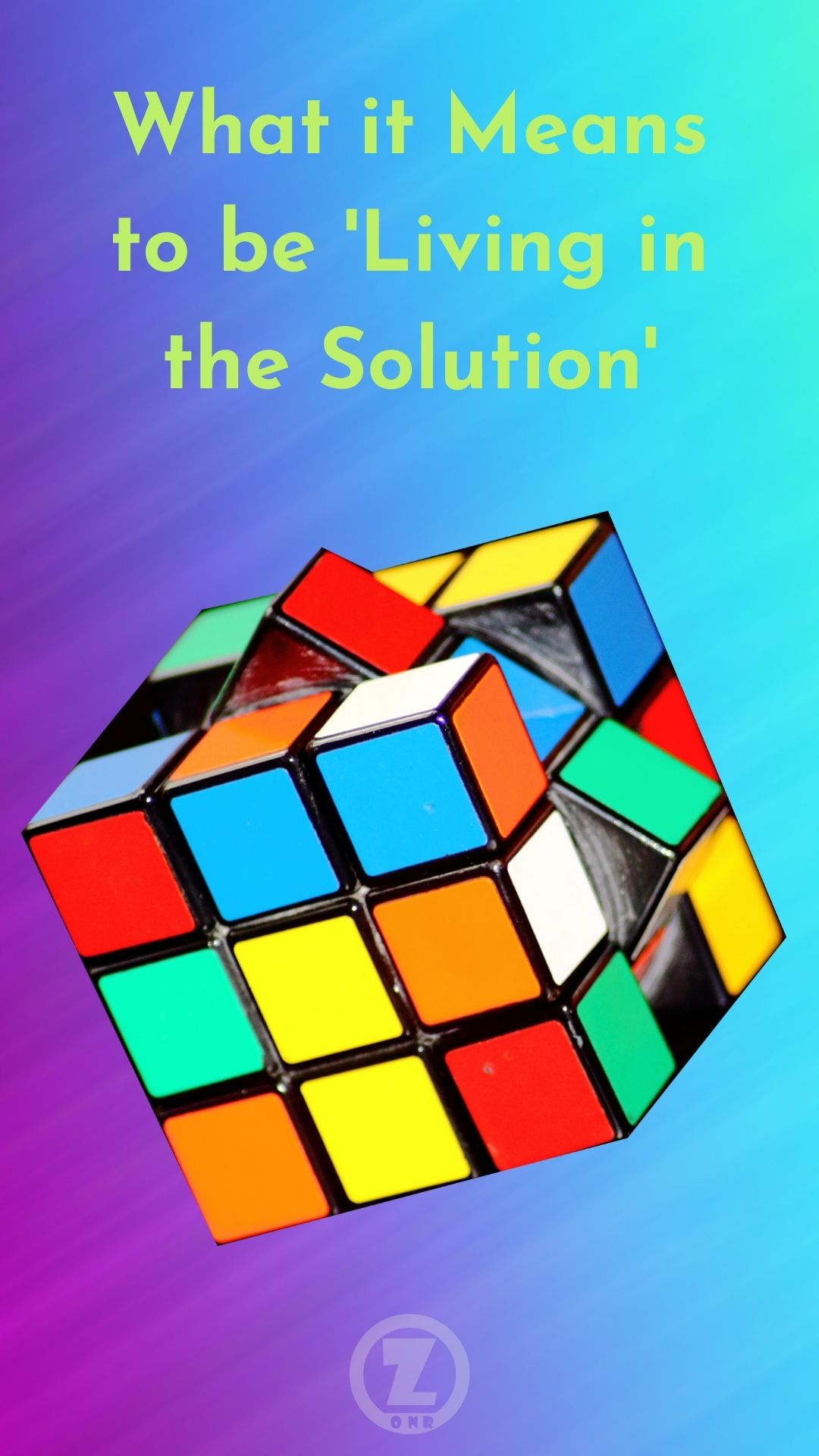“The greatest challenge to any thinker is stating the problem in a way that will allow a solution.”- Bertrand Russell (1872 – 1970) British philosopher/mathematician
~~~
– Sign up to Zonr for Today’s Full SFZ
What were a problem you’ve had lately and the solutions you used to solve it?
OR
How can practicing good habits every day help us solve our biggest problems?
~~~
Scream & Shout – will.i.am feat. Britney Spears
Bertrand Russell on God (3:25)
Zen Kokin Gumi Centering Meditation (7:09)
English Analysis
Living in the solution means practicing constructive behavior in daily life. It Works, How & Why highlights readiness through positive action. We cannot stop at recognition of faults; we must replace them with healthier patterns.
Bertrand Russell reminds us that clarity creates solutions. His words echo the Twelve Step spirit. By framing destructive behavior clearly, we open the path toward constructive choices. In this sense, knowledge enables freedom.
Transitioning to The Big Book, we find harmony in shared purpose. Step Six requires not just personal readiness but communal solidarity. Brotherly action transforms recovery from isolation into connection. Agreement builds strength where division once weakened.
Constructive behavior and brotherly harmony intersect in meaningful ways. Aristotle taught in Nicomachean Ethics that virtue arises from habit. We practice virtues repeatedly until they form character. Similarly, recovery invites daily repetition until health becomes second nature.
Furthermore, Viktor Frankl in Man’s Search for Meaning argued for finding purpose even in suffering. He believed purpose arises when we choose how to act. Step Six mirrors this vision. It shifts us from destructive instinct to meaningful choice.
Therefore, to live in the solution means more than avoiding harm. It demands deliberate practice of good, the pursuit of unity, and the courage to frame problems clearly. Each thinker affirms that change rests on choice, habit, and clarity.
Traducción al Español
Citas de SFZ
“PRACTICING CONSTRUCTIVE BEHAVIOR”
“Part of the process of becoming entirely ready involves practicing constructive behavior. Because we now understand and recognize our destructive behaviors, we’ll find the willingness to practice constructive behaviors instead.”
(It Works, How & Why, p. 47)
“ACTING WITH BROTHERLY HARMONY”
“The tremendous fact for every one of us is that we have discovered a common solution. We have a way out on which we can absolutely agree, and upon which we can join in brotherly and harmonious action.”
(The Big Book, p. 17)
“The greatest challenge to any thinker is stating the problem in a way that will allow a solution.”
— Bertrand Russell (1872–1970), British philosopher / mathematician
Análisis en Español
Vivir en la solución significa practicar conductas constructivas en la vida diaria. It Works, How & Why señala que la preparación se demuestra con acción positiva. No basta reconocer fallas; debemos sustituirlas con patrones más sanos.
Bertrand Russell nos recuerda que la claridad genera soluciones. Sus palabras reflejan el espíritu de los Doce Pasos. Al definir claramente lo destructivo, abrimos el camino hacia elecciones constructivas. En este sentido, el conocimiento ofrece libertad.
Al pasar a The Big Book, encontramos armonía en un propósito compartido. El Sexto Paso requiere disposición personal y solidaridad comunitaria. La acción fraterna transforma la recuperación del aislamiento en conexión. El acuerdo crea fuerza donde antes hubo división.
El comportamiento constructivo y la armonía fraterna se unen en forma significativa. Aristóteles enseñó en Ética a Nicómaco que la virtud nace del hábito. Practicamos virtudes hasta que forman carácter. De manera similar, la recuperación invita a repetir cada día hasta que la salud sea costumbre.
Además, Viktor Frankl en El hombre en busca de sentido defendió encontrar propósito incluso en el sufrimiento. Creía que el sentido surge al elegir cómo actuar. El Sexto Paso refleja esta visión. Nos mueve del instinto destructivo a la elección significativa.
Vivir en la solución no significa solo evitar el daño. Exige práctica deliberada del bien, búsqueda de unidad y valentía para definir problemas con claridad. Cada pensador afirma que el cambio se basa en elección, hábito y claridad.
Pregunta: ¿Cómo puede ayudarnos practicar buenos hábitos cada día a resolver nuestros mayores problemas?


Leave a Reply